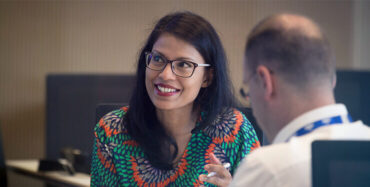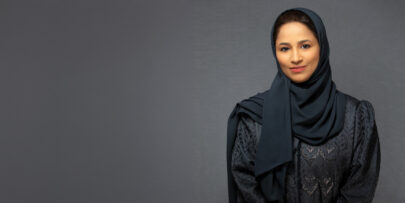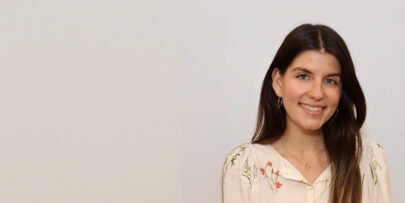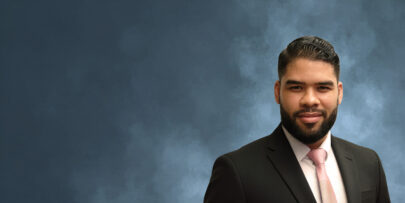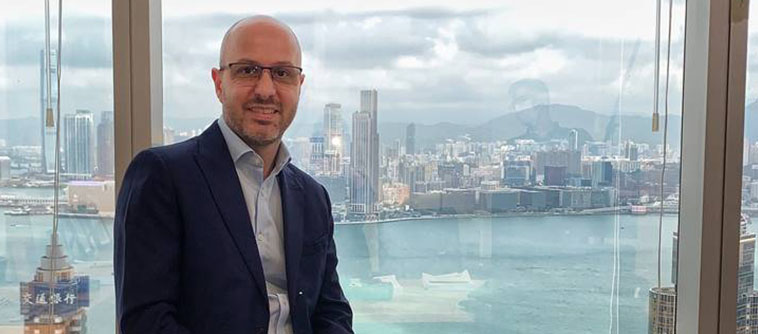
“I do not think you have anything to lose by embracing diversity,” says Thierry Cairus, regional treasurer for Japan Tobacco International. “I am a strong believer in the idea that diversity increases the value of the sum so I really believe that people with a global mindset and the ability to leverage on diversity have an edge,” he adds.
Cairus is in a particularly strong position to argue the case for diversity. Having just this year moved his family from Geneva to Hong Kong – during the COVID-19 pandemic, no less – his relocation was to fill a newly created role at JTI, a company he has been with for more than 12 years.
“My role is to set up the regional treasury center in Hong Kong, manage all treasury-related matters for the Asia-Pacific region and lead a geographically dispersed and multicultural team,” he explains. “It is an exciting and interesting role and will allow me to apply my learning and get out of my comfort zone.”
Inevitably cultural and language differences occur in global settings, but in Cairus’s view, with a few minor adjustments to iron out any potential for misunderstanding, a global team can thrive on the richness of perspectives that a multicultural, multi-gendered workforce can offer.
“An open mind and global mind-set are key for executives and managers. People have different backgrounds and cultures and therefore behave and work differently. Global leaders must understand this and adapt to their teams to be more effective. A high level of awareness is important to better engage with people. You give people respect and you get their all,” he says.
That doesn’t mean it is always easy. Compared to a cookie-cutter team where the same backgrounds, abilities and cultural sensibilities reflect back at one another unquestioned, a team of diverse cognitive abilities and cultural backgrounds presents a more dynamic, discursive and demanding forum. It is also one that can sometimes be less comfortable to navigate.
On this front, Cairus’s technique as a leader is to ask himself if his own ego is the problem in moments of dissonance. “These little office moments are inevitable: you were forgotten from an email list or you are a creative thinker and someone else is a structured thinker, and there is a human reaction to that but then I ask myself: ‘Is my ego the problem here?’ and take some time to let the insight come. Then I can step out of its way, and let my team do its thing,” he says.
His own team consists of women who are his direct reports. A couple of years ago he handpicked a colleague to join his team for the difference in their approach and communication skills. He feels the dynamic is potent and productivity is increased. “When we need a person-centered communicator to convey the message we have that skill between us, and when we need a pragmatic, rational approach we can draw from that, too. I think an understanding that these differences exist and being humble and open about them makes a big difference in communication and gaining respect and trust from people,” he says.
Cairus has been passionate about Asia for 27 years and travelled across the continent extensively for both business and pleasure. The opportunity to move to the region was a long-held desire. While the pandemic imposed a stressful backdrop on the move, the support provided by the company meant his family was reassured and keen to go.
“My family and I always wanted to move to Asia. It is a culturally diverse region full of challenges and opportunities. I also think it is good for my children to be exposed to a new way of life and learn new languages,” he says.
One gets the impression that leading a challenging project and heading a diverse team in a region he loves and with his family sharing the adventure with him is exactly where Thierry Cairus wants to be.
